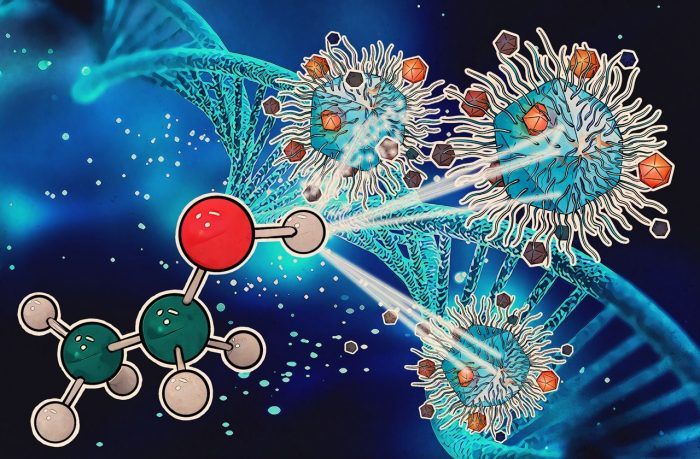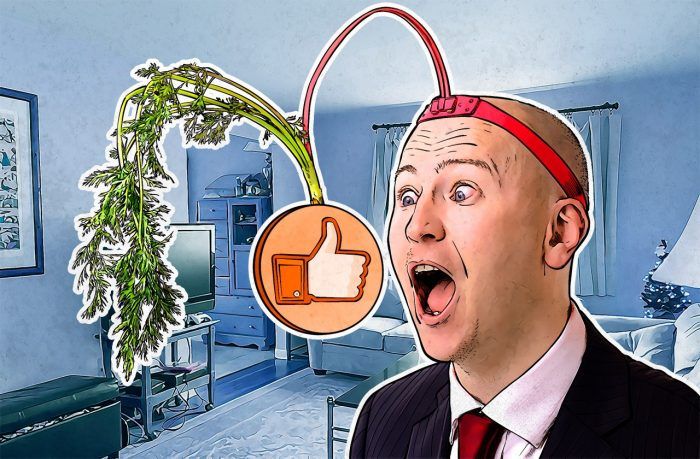
No More Ransom saves the day
The story of Marion, a computer user from Germany whose files were encrypted by ransomware — and how she got them back without paying ransom.
1447 articles

The story of Marion, a computer user from Germany whose files were encrypted by ransomware — and how she got them back without paying ransom.

An ex-Firefox developer recently said antiviruses are no longer needed. Let’s analyze that claim.

Downloaded a program called Netflix Login Generator? Delete it immediately!

As we see from recent news, quantum computing is evolving faster than anyone could’ve expected. What does this mean for us, the average users?


A story of two amateurs who were able to spy on Italian officials for years without getting caught.

It is surprisingly easy to hack airline reservations, obtain banking data and other private information, steal tickets, and rack up air miles.

Contrary to popular belief, viruses for Mac do exist. Other online threats put Mac users at risk as well. Kaspersky Internet Security for Mac can neutralize them all.

Did our 2016 predictions come true? Let’s see and try to forecast what awaits the security industry in 2017.

An unconventional Android Trojan does not do anything to your smartphone; instead it hacks the Wi-Fi hotspot the smartphone is connected to.

Kaspersky Lab experts create a cure for CryptXXX. For the third time.

The NoMoreRansom project gets bigger, welcoming new partners, new countries, and new free decryption utilities.

A criminal ring in India posed as technical support and tricked many people, but they couldn’t fool David Jacoby, our senior security researcher.

It is very possible that in the foreseeable future information will be stored in DNA, and the term “virus” will get back to its literal meaning.

Ransomware infects 2,000 SFMTA computers, makes Muni rides free for the weekend.

More than 70% of active Internet users have considered quitting their social networks. What do they have to lose?

Ransomware: a brief history, current situation, future predictions and how to solve the problem.

Find out if you can avoid traps set by fraudsters for Black Friday sales.

How much do you know about the events that rocked the world of cybersecurity in the past few years? Test yourself!

A study reveals that people are tired of social networks, but keep using them because they can’t break the ties.